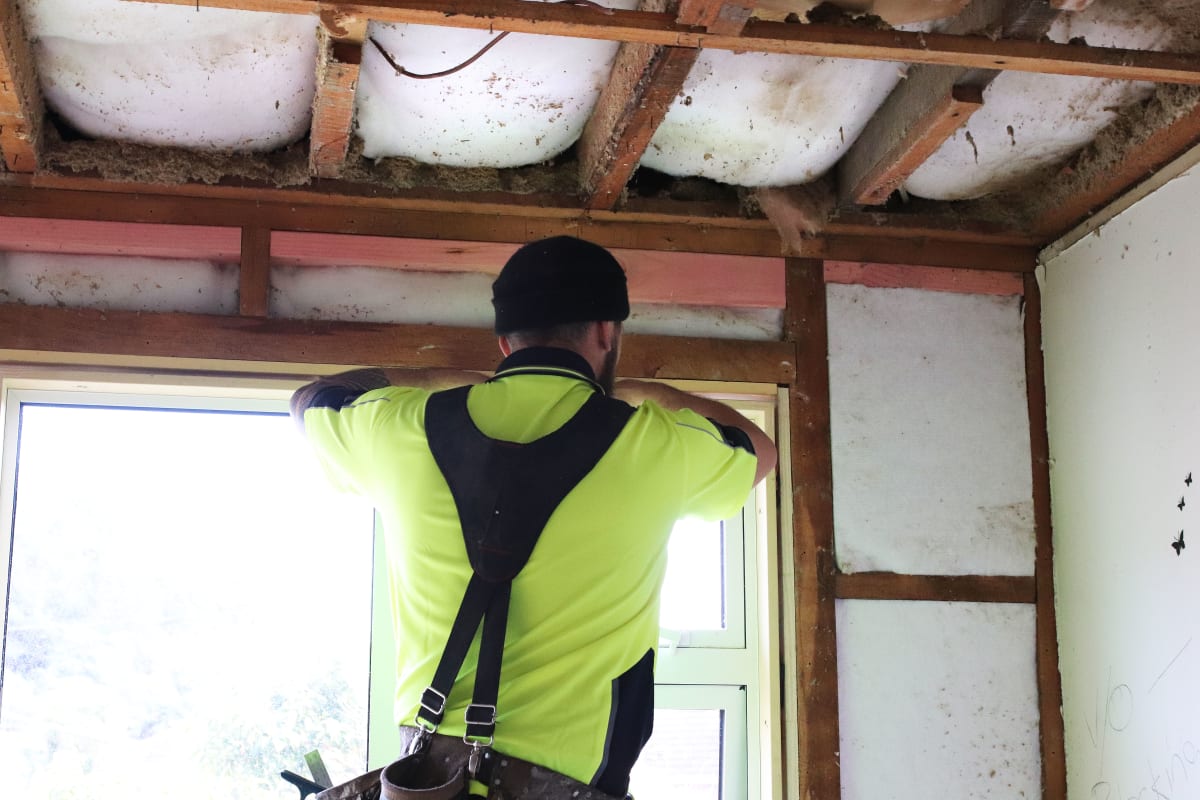
Pushing the new energy efficiency regulations back by six months could see 200,000 tonnes of additional greenhouse gas emissions, Marc Daalder reports
Two weeks after the Government released its Emissions Reduction Plan, climate policies are already being delayed.
On Monday, the Ministry for Business, Innovation and Employment (MBIE) revealed it was considering a six-month delay to the start date of new energy efficiency regulations in houses. The updates to the Building Code would have doubled the roof insulation requirements and boosted window insulation rules for houses consented after November 1, but the department wants to push that back to May 1, 2023.
The proposal, which is out for consultation until June 13, came after builders' groups wrote to ministers asking for a 12-month extension amid supply chain disruptions and materials shortages. Newsroom first reported in April that the timeline might be at risk.
Green Party co-leader and Climate Change Minister James Shaw told Newsroom on Wednesday that MBIE should stick to the original date and said he was disappointed to see them reconsidering it. The November 1 deadline was decided after extensive consultation in 2021 and was announced 11 months before it was to take effect.
"I would encourage them not to [delay]. My advice to my colleagues is that we need to press on," he said.
"I recognise that there are supply chain constraints and so on, at the moment, but what we discovered for example with the Clean Car Discount is that those constraints didn't really materialise at the end of the day. When you do lay out a plan and say this is what we need to happen, actually, people will find the supplies."
That echoed the message of the Green Building Council, which first sounded the alarm about the potential delay two months ago.
"This delay will condemn tens of thousands of Kiwi households to colder homes, that are more difficult and more expensive to heat and saddle them with higher household energy bills," the council's chief executive Andrew Eagles said last week.
"This will do nothing to address concerns over the increasing costs of living, nor will it do anything to reduce the carbon pollution from New Zealand homes."
In fact, MBIE's proposal reveals the delay would see an additional 23,500 homes built under the old insulation rules, leading to 203,000 extra tonnes of greenhouse gas emissions. If the implementation were pushed back by 12 months as builders asked, a total of 46,000 homes would be built under the old standard and would emit a collective 468,000 tonnes over their 50 year lifespans.

While the regulations would increase the up-front price of new homes by $9000 to $15,000, they will pay for themselves in time by reducing energy usage by an average of 40 percent.
Master Builders chief executive David Kelly, who previously urged the Government to delay the new regulations, said he supported the consultation.
"We have to adapt to the new methods of design and construction, alongside significantly scaling up the production of the new materials required. This is not possible within the current time period," he said.
"An increase to the implementation period will allow current manufacturing methods to meet updated H1 requirements, especially for windows. We are also concerned faster implementation will negatively impact consumer confidence in the residential building industry and further dampen demand on the back of interest rate rises, more restricted credit, and economic uncertainty."
MBIE said it was unable to determine the economic impact of the changes. Some building companies told it that the higher cost of housing was "likely to further disincentivise consumers from choosing to build a new home. Choosing not to build can result in a further and faster downturn of the sector."
However, one "volume builder" said that half of its customers were already choosing to build to the new standard.
"It is difficult to predict the impact that the additional costs will have with a high degree of confidence," MBIE concluded.
"There is also no way of predicting with any confidence whether a 12-month extension would increase or decrease consumers’ confidence and their willingness to invest. There is also no basis on which to determine whether the economic impact arising from cost increases, after an extension of 6 or 12 months, would be materially different to the impact of proceeding in November 2022."
The department conceded the new regulations could not be delayed indefinitely.







